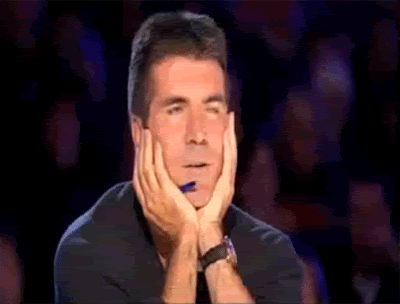skribs
Grandmaster
As a former karate exponent (Shotokan), I've come to the conclusion that Bunkai is bunk in general. In my view kata as its generally taught in karate/Kung fu/whatever schools are filler in order to prop up the ranking system of many martial arts. I would actually argue that non-kata based MAs show better overall outcomes than kata-based MAs.
That said, I do think kata have value, mainly in the form of fitness or a type of moving meditation. However, students shouldn't be led to believe that their kata holds some sort of secret knowledge waiting to be unlocked, or that consistent kata practice will make them better fighters overall. You only become better at fighting by actually fighting.
Circling back to the point; Kata can be used to peddle nonsense like having hidden Bjj techniques inside traditional martial arts. This misinformation leads to people like Greywalker actually believing his mysterious karate style contained legitimate ground fighting techniques.
I think there's slightly more benefit that fitness and moving meditation. I think they work out muscles that are used in the techniques, that you wouldn't work out through a normal workout regimen. But...the timing is off, the techniques are often stylized or over-exaggerated, and in order to be practical there's more you need to know about them to make it work.

